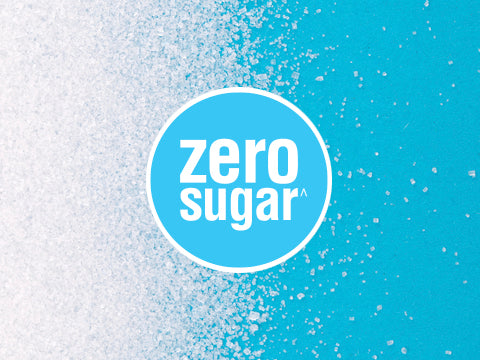In the quest for a healthier lifestyle, many individuals are exploring plant-based diets improve their overall well-being and reduce their environmental impact. Omega-3 fatty acids, essential for heart and brain health, are often associated with fish oil. However, did you know that you can get these vital nutrients from plant-based sources?
Let's dive into six fantastic plant-based options for omega-3s, each contributing to a more sustainable dietary choice.
1. Brussel Sprouts: A Tiny Powerhouse
Brussel sprouts may be small, but they pack a punch when it comes to omega-3 fatty acids. These cruciferous vegetables are not only rich in fiber and vitamins but also provide a decent amount of alpha-linolenic acid (ALA), a type of omega-3. Incorporating brussel sprouts into your meals is a tasty way to boost your omega-3 intake while enjoying the many health benefits these green gems have to offer.
2. Walnuts: Nature's Nutrient-Rich Snack
Walnuts are a well-known plant-based source of omega-3 fatty acids, particularly ALA. These delicious nuts are versatile, making them an easy addition to salads, oatmeal, or even as a convenient snack on their own. Walnuts offer not only a satisfying crunch but also heart-healthy benefits that make them a great choice for those looking to enhance their omega-3 intake without relying on fish products.
3. Flax Seeds: Tiny Seeds, Big Benefits
Flax seeds are a true omega-3 powerhouse. Packed with ALA, flax seeds are a versatile ingredient that can be easily incorporated into your daily diet. Sprinkle them on yogurt, blend them into smoothies, or use them as an egg substitute in baking. The high fiber content of flax seeds further adds to their nutritional value, making them an excellent choice for those seeking plant-based omega-3 alternatives.
4. Chia Seeds: A Superfood for Omega-3s
Chia seeds have gained popularity as a superfood, and rightfully so. These tiny seeds are rich in ALA, providing a plant-based omega-3 boost to your meals. Chia seeds can be used in various ways – soak them in water or plant-based milk to create a gel-like consistency for puddings, add them to smoothies, or sprinkle them on top of your morning cereal. The versatility of chia seeds makes it easy to incorporate them into your diet and elevate your omega-3 intake.
5. Hemp Seeds: Complete Protein with Omega-3s
Hemp seeds are not only a fantastic source of complete protein but also an excellent plant-based option for omega-3 fatty acids. These nutty-flavored seeds contain a good balance of omega-3 and omega-6 fatty acids. With a mild taste, hemp seeds can be sprinkled on salads, added to yogurt, or blended into smoothies. Including hemp seeds in your diet not only supports your omega-3 needs but also contributes to a well-rounded plant-based protein intake.
6. Algae Oil: Omega-3s Right From the Source
For those who want a direct and potent plant-based source of omega-3s, algae oil is the answer. Algae oil is derived from algae, the primary source of omega-3s for fish. By skipping the fish and going straight to the source, you can ensure a more sustainable and ethical source of omega-3s. Plus, algae oil is free of contaminants and heavy metals found in fish.
If you're looking for a plant-based omega-3 supplement, discover Youtheory Ocean-Friendly Omega which provides 770 mg of omega-3s per serving. This supplement not only supports your health but also promotes the well-being of our oceans.*






